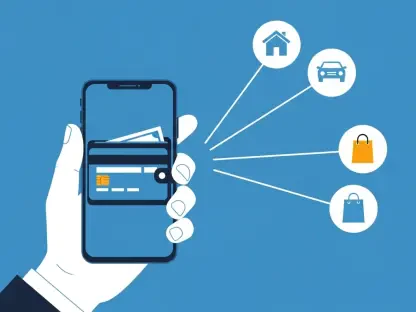The shift toward telework within the IRS is a double-edged sword, providing flexibility to agents while placing immense responsibility on the agency to protect sensitive taxpayer data. The trend aligns with broader federal adjustments to the modern workplace but raises red flags among cybersecurity experts. These professionals emphasize that ensuring data privacy is paramount, especially when handling financial information that, if compromised, could have catastrophic consequences.The IRS has expressed confidence in its remote work infrastructure, assuring that necessary security measures are in place. Agents are equipped with secure connections and are expected to adhere to stringent data protection policies. Despite these reassurances, there’s an acknowledgment of the inherent risks posed by off-site data access, compelling continuous evaluation of security protocols to keep pace with evolving cyber threats.
Navigating New Norms of Efficiency and Security
The debate on telework within agencies like the IRS is intense. Advocates believe remote work boosts employee satisfaction, which in turn raises productivity. Critics, however, raise concerns about potential drops in efficiency and security risks when not in a traditional office setting.For IRS personnel, from frontline agents to IT staff and decision-makers, remaining vigilant is crucial. Constant vigilance is key given the evolving nature of cybersecurity threats. To ensure both operational security and employee flexibility, updates to telework policies are essential and must be regularly reviewed.Creating policies that reconcile the convenience for IRS staff with robust taxpayer data protection is a tough challenge in today’s digital world. Such policies need to strike a balance that safeguards sensitive information while accommodating the needs of the workforce in an era where remote work is increasingly commonplace.









